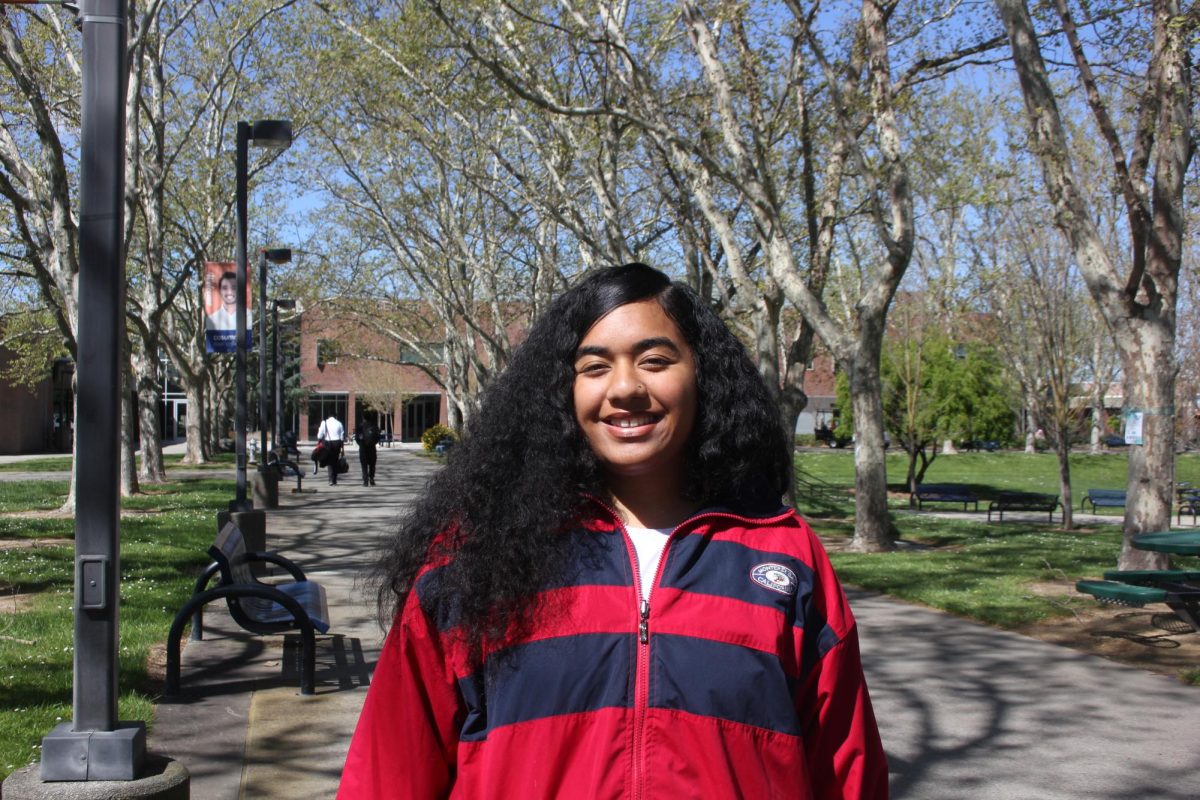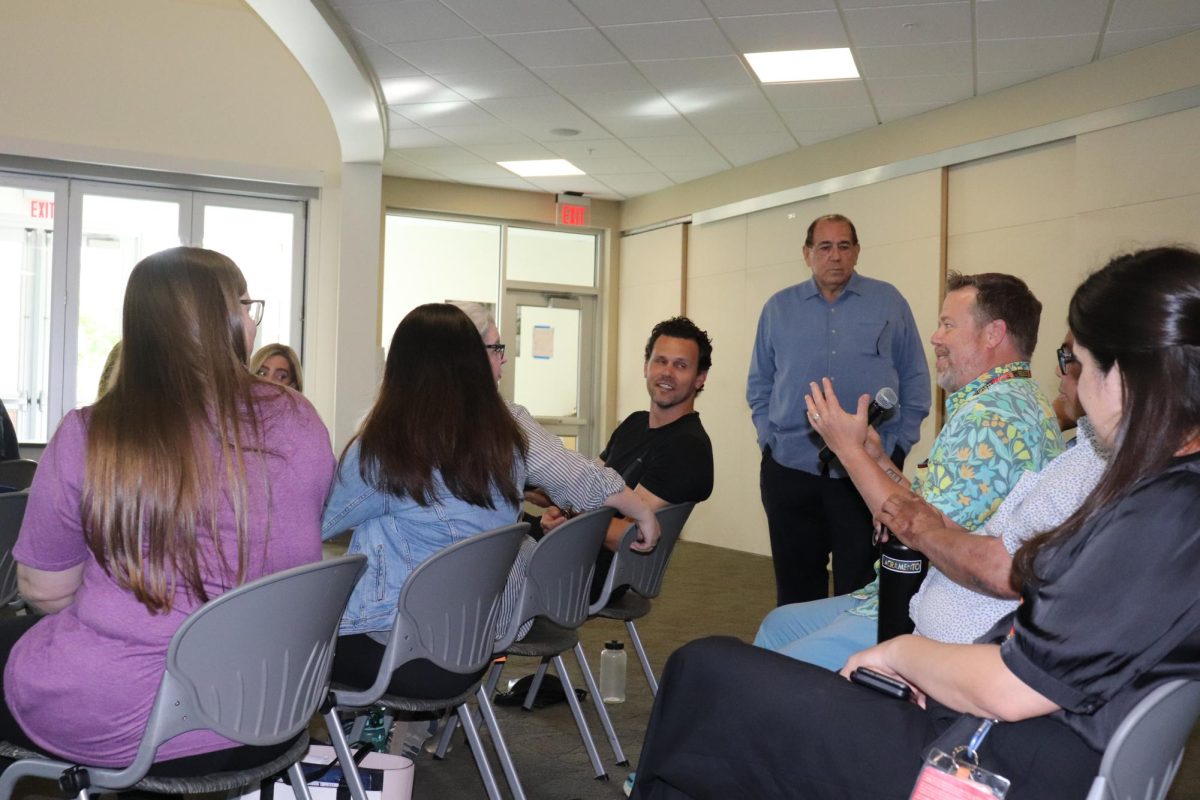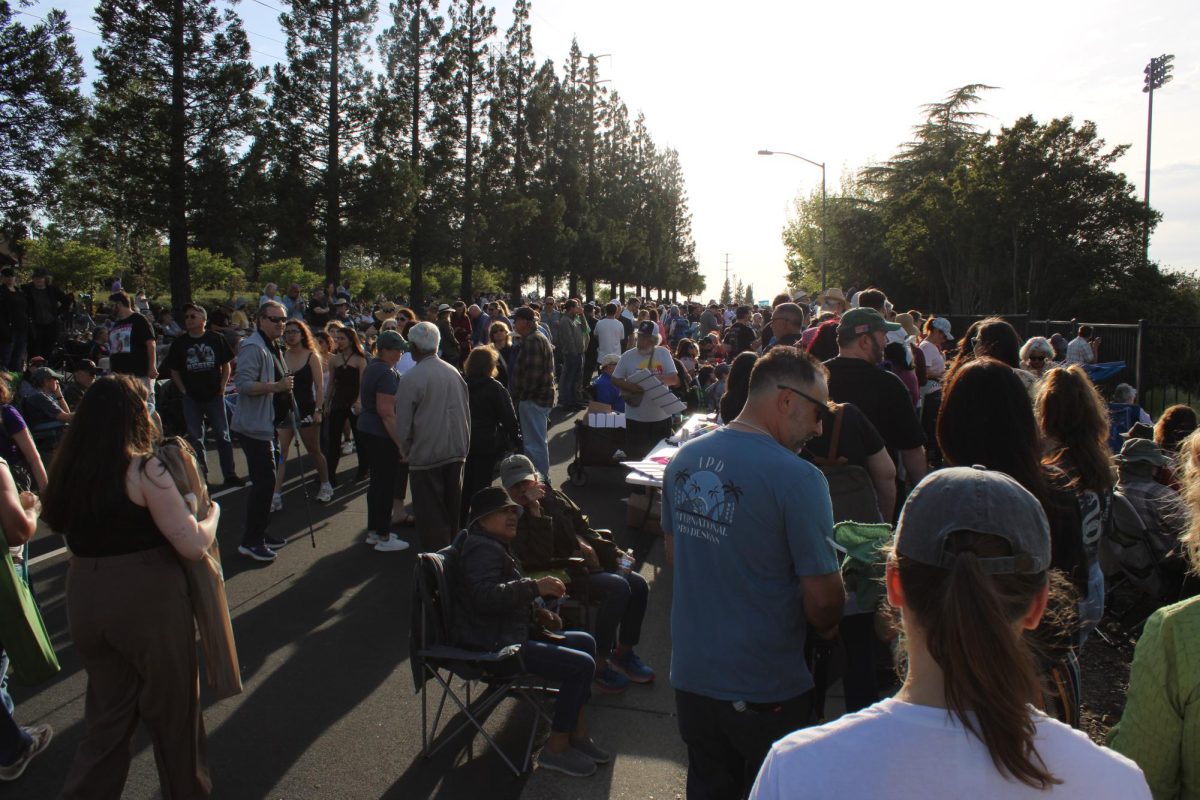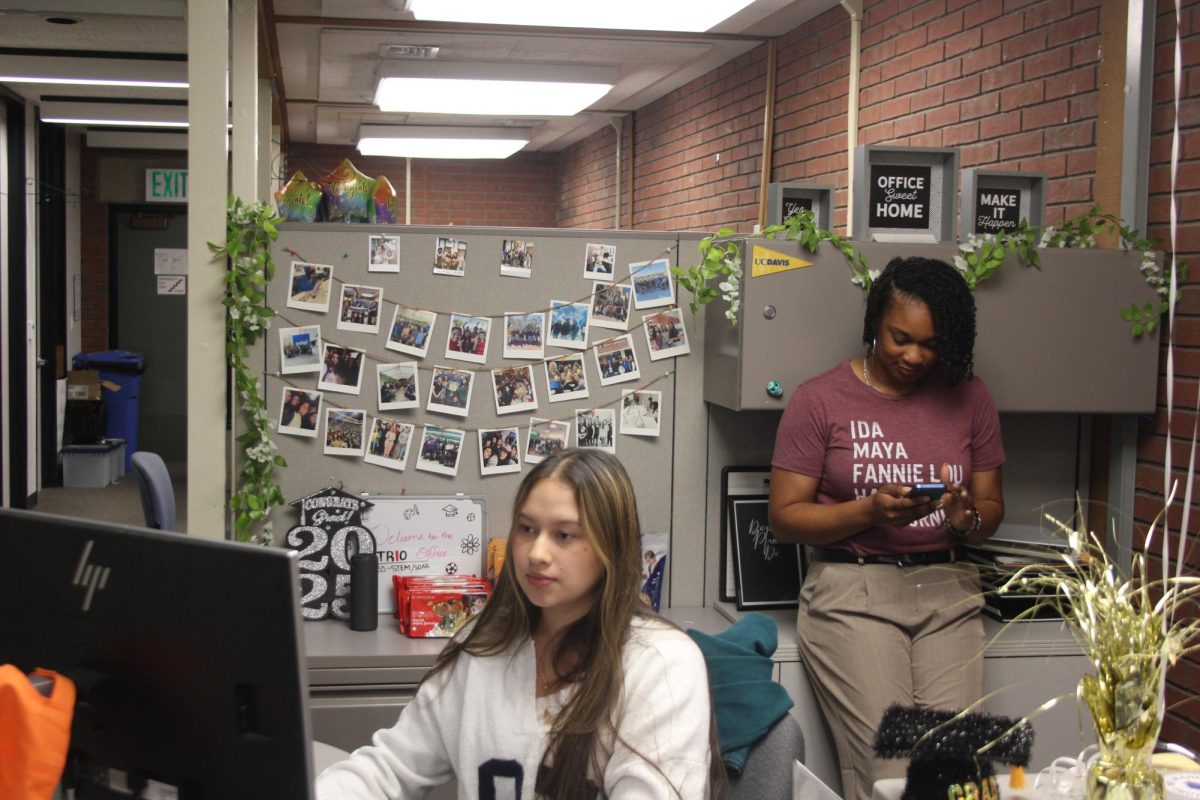Communities rally for sexual predators instead of supporting victims
May 7, 2013
Sports are an important part of American culture, but the way Americans embrace sports and athletes is in terrible need of revision.
Over the last few years, public attention has been drawn again and again to incidences of horrific sexual misconduct on the part of both athletes and faculty members. While the victims, towns and locations vary significantly from case to case, one thing remains the same: in almost every incident, the communities involved rallied around the sexual predators.
Let’s have a recap for those that may be coming in late. In November of 2011, Jerry Sandusky, an assistant coach at Pennsylvania State University, was accused of more than 52 sex crimes against children. Despite overwhelming evidence that not only proved that Sandusky was guilty, but also that faculty such as head coach Joe Paterno knew about the sexual misconduct and did nothing to stop it, the Penn State community and fans came out in droves to support the college football program and especially the venerable Paterno.
Even celebrity Ashton Kutcher took to Twitter to defend Paterno.
“How do you fire Jo Pa? #insult #noclass as a hawkeye fan I find it in poor taste,” tweeted Kutcher. Kutcher would go on to retract his statement as more information surrounding the case came to light, but the damage was already done.
Fast forward to February of this year, where two different rape cases involving high school football players have received an even more horrifying response. In Connecticut, Torrington High School football players Edgar Gonzalez and Joan Toribio, both 18, were arrested for sexually assaulting a 13-year-old girl, according to the New York Times.
Almost immediately, social media was flooded with Torrington community members berating the victim of the sexual assault.
“Even if it was all his fault, what’s a 13-year-old girl doing hanging around with 18-year-old guys,” one user tweeted.
“I wanna know why there’s no punishment for young hoes,” another tweeted.
You’ve probably also heard about Trent Mays and Ma’lik Richmond, two star football players and Steubenville high school students who raped, photographed and otherwise humiliated an incapacitated female high school student and were convicted of rape on March 17, according to an article on Reuters.
The victim, who has faced criticism and threats by Steubenville High School students and community members since the allegations against the football players first rose, is seeing even more harassment since the players were convicted.
“Disgusting outcome on #Steubenville trial,” tweeted University of Toledo DJ Jimmy Momenee “Remember kids, if you’re drunk/slutty at a party, and embarrassed later, just say you got raped!”
These examples of sexual misconduct by members of sports establishments are not only similar in regards to the revolting public response to them, but also the fact that in every case, there was overwhelming evidence that proved, without a doubt, the guilt of the accused parties.
I have to stop and wonder that if these charges were leveled against anyone that wasn’t involved in popular sports within their communities, would the social media response be the same? If these weren’t football players but regular students, how would the community have responded?
In nearly every other example of non-sports related sexual misconduct, there is typically a huge negative response against the accused.
The reason for the difference in response is clear: Americans love their sports, and they really love their athletes, especially when it comes to those in their own community. But this has to stop.
I’m not saying you should be any less excited to see your old high school football team make it to the championships. Sports are great. But when a large group of fans rush to defend a local athlete ruining his own career with an awful crime that he is indisputably guilty of, we need to rethink the way we embrace sports.





